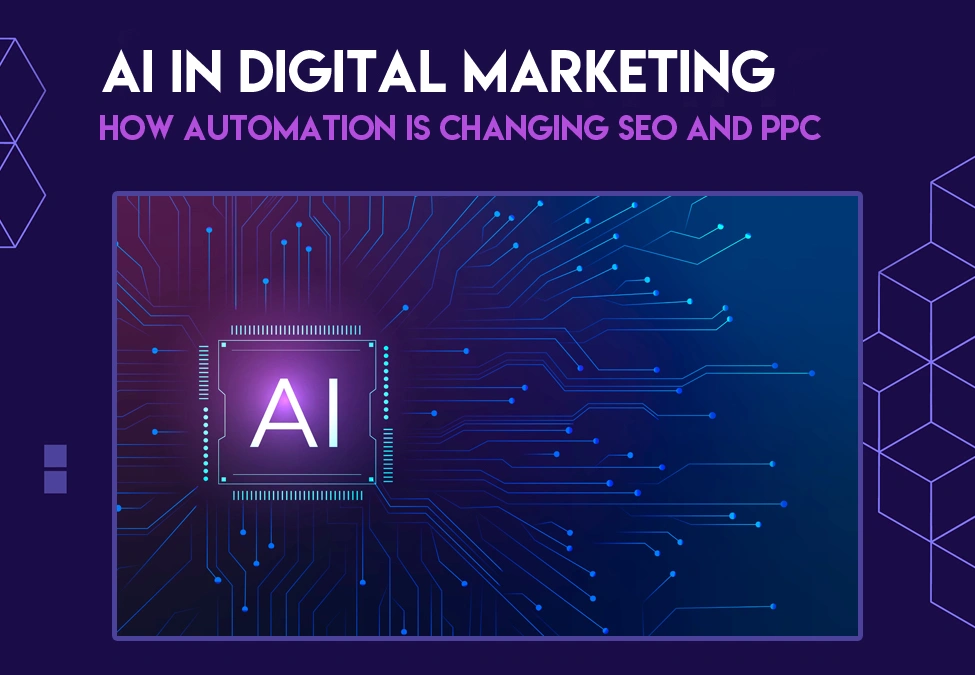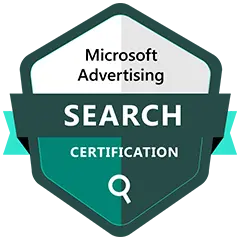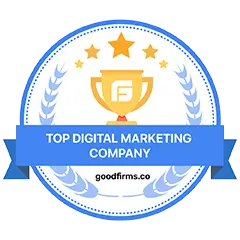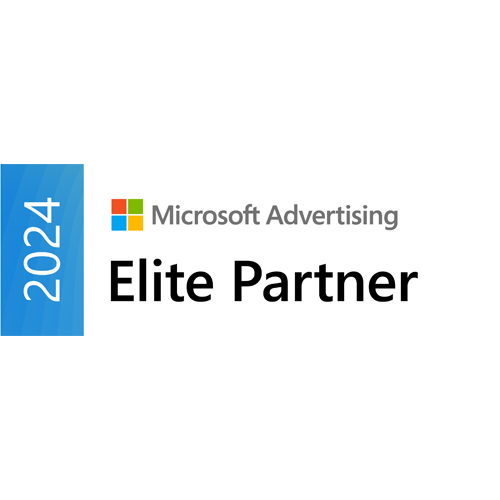Artificial intelligence is transforming digital marketing, making processes smarter, faster, and more efficient. Businesses leveraging AI-powered tools for SEO and PPC campaigns are gaining a competitive advantage. In 2025, AI continues to reshape digital strategies, influencing how marketers optimize websites and manage paid ads. Understanding the role of AI in digital marketing can help businesses maximize their results.
AI in SEO: Smarter Optimization Strategies
Artificial Intelligence (AI) is reshaping how businesses approach SEO. With search engines getting smarter, traditional SEO tactics are evolving. AI-driven strategies help businesses improve rankings, boost visibility, and enhance user experience.
Here’s how AI is transforming SEO and how you can use it to your advantage.
1. AI-Powered Keyword Research
Keyword research is the foundation of SEO, and AI tools make it more efficient. Instead of manually sifting through keyword lists, AI tools analyze search trends, user intent, and competitor data in real time.
- Google’s RankBrain: Google’s AI-driven algorithm helps interpret search queries beyond exact-match keywords. Optimizing intent-based queries is crucial.
- AI Tools for Keyword Research: Platforms like SEMrush, Ahrefs, and Surfer SEO use AI to suggest high-potential keywords, search volume, and ranking difficulty.
2. Content Creation and Optimization with AI
AI-driven tools help generate and optimize content that aligns with search intent. However, human oversight is essential to ensure quality and authenticity.
- AI Content Tools: Tools like Clearscope and MarketMuse analyze top-ranking pages and suggest optimizations for readability, keyword usage, and content structure.
- SEO Copywriting Assistants: AI tools like Grammarly and Hemingway Editor refine content by improving grammar, readability, and engagement.
3. AI in Voice Search Optimization
With the rise of voice search, AI-driven SEO strategies are essential for capturing conversational queries.
- Conversational Keywords: AI tools analyze natural language queries to suggest long-tail keywords.
- Featured Snippets Optimization: AI identifies common questions users ask and helps structure content to appear in Google’s featured snippets.
4. AI-Driven Content Personalization
AI enables personalized search experiences by analyzing user behavior, preferences, and interactions.
- Behavioral Analysis: AI-powered SEO tools track user behavior to determine what type of content performs best.
- Dynamic Content: Personalizing website content based on user history and preferences improves engagement and conversions.
5. AI-Powered SEO Audits and Technical SEO
AI simplifies technical SEO by automating audits and identifying issues before they impact rankings.
- Automated Site Audits: Tools like Screaming Frog and Sitebulb use AI to detect broken links, duplicate content, and crawl errors.
- Page Speed Optimization: AI helps analyze and improve website loading times by recommending image compression, caching strategies, and script optimizations.
6. AI and Link Building Strategies
AI streamlines link-building efforts by identifying authoritative sites and outreach opportunities.
- Backlink Analysis: AI-powered tools analyze competitor backlinks to find link-building opportunities.
- Outreach Automation: AI tools like Pitchbox and BuzzStream help automate personalized outreach for link-building campaigns.
7. Predictive Analytics for SEO
AI-driven predictive analytics help forecast trends, allowing businesses to stay ahead of the competition.
- Trend Prediction: AI analyzes past search data to predict emerging trends and suggest content strategies.
- User Behavior Analysis: AI tools assess visitor behavior to improve on-site engagement and reduce bounce rates.
8. AI and Local SEO
AI enhances local SEO strategies by optimizing listings and analyzing local search trends.
- Google My Business Optimization: AI tools provide insights into local search trends and suggest optimization tactics.
- AI-Powered Reviews Management: AI helps track and analyze customer reviews to improve brand reputation and local rankings.
Now, we can conclude that AI is not replacing SEO; it’s making it smarter. By integrating AI-powered tools and strategies, businesses can optimize their SEO efforts efficiently. The key is to use AI as an enhancement, ensuring that content remains human-centric and valuable to users.
Are you ready to leverage AI for smarter SEO? Start implementing these AI-driven strategies to stay ahead of the competition.
AI in PPC: Smarter Ad Management
Artificial Intelligence (AI) is revolutionizing Pay-Per-Click (PPC) advertising by automating processes, optimizing bids, and improving targeting. Businesses leveraging AI-driven PPC strategies gain better ROI, increased efficiency, and more effective ad placements. Here’s how AI enhances PPC management and how you can integrate it into your campaigns.
1. AI-Powered Bid Management
AI-driven bid strategies help maximize conversions while minimizing ad spending.
- Automated Bidding: Google Ads and Microsoft Advertising use AI to adjust bids in real time based on user behavior, competition, and conversion likelihood.
- Smart Bidding Strategies: AI-powered strategies such as Target ROAS (Return on Ad Spend), Target CPA (Cost Per Acquisition), and Enhanced CPC (Cost Per Click) optimize ad spend for better results.
2. AI for Audience Targeting and Segmentation
AI helps advertisers target the right audience more precisely.
- Lookalike Audiences: AI analyzes customer data to identify and target similar users likely to convert.
- Behavioral Targeting: AI tracks user behavior across platforms and delivers ads to users based on their online activities and interests.
3. AI-Driven Ad Copy and Creatives
AI improves ad-copywriting and enhances creative elements for better engagement.
- Automated Ad Copy Generation: Tools like ChatGPT and Persado create compelling ad copy tailored to specific audiences.
- Dynamic Creative Optimization (DCO): AI tests multiple ad-variations and optimizes creatives in real time based on performance data.
4. AI-Powered Performance Analysis
AI-driven analytics help advertisers make data-backed decisions.
- Predictive Analytics: AI forecasts trend and suggests budget allocation for maximum impact.
- Anomaly Detection: AI identifies unusual spikes or drops in performance, helping marketers take timely corrective actions.
5. AI in Retargeting and Remarketing
AI enhances retargeting campaigns to boost conversions.
- Dynamic Retargeting: AI personalizes ads based on users’ previous interactions with a brand.
- Customer Journey Mapping: AI analyzes touchpoints and delivers ads at the optimal time in the buyer’s journey.
6. AI for Voice Search and PPC
With the rise of voice assistants, AI-driven PPC strategies are crucial for optimizing voice search ads.
- Conversational Keywords: AI identifies long-tail, conversational queries that align with voice searches.
- Voice Search Ad Targeting: AI helps optimize ad campaigns for queries made via voice assistants like Alexa and Google Assistant.
7. AI-Optimized Landing Pages
AI enhances landing page experience, leading to better conversion rates.
- A/B Testing Automation: AI runs continuous tests to determine which page elements drive higher conversions.
- Personalized Content: AI dynamically adjusts landing page content based on visitor behavior and preferences.
AI in PPC is not just about automation; it’s about smarter decision-making, better targeting, and higher ROI. By integrating AI into your PPC campaigns, you can enhance efficiency, maximize ad performance, and stay ahead in the competitive digital advertising space.
Are you ready to leverage AI for smarter PPC management? Implement these AI-driven strategies today and achieve better results with less manual effort.
Conclusion
Artificial intelligence is revolutionizing digital marketing, making SEO and PPC campaigns more efficient, data-driven, and results-oriented. By leveraging AI-powered tools, businesses can analyze vast amounts of data, predict user behavior, and optimize content with precision. Automation streamlines repetitive tasks, such as keyword research, bid adjustments, and audience segmentation, allowing marketers to focus on strategy and creativity.
AI-driven analytics provide real-time insights that help refine campaigns, minimize wasted ad spend, and improve conversion rates. With the continuous evolution of AI, digital marketers who embrace automation will gain a competitive advantage, delivering personalized experiences and maximizing ROI. As AI technology advances, its role in digital marketing will only expand, making it essential for businesses to stay informed and adapt to emerging trends.










